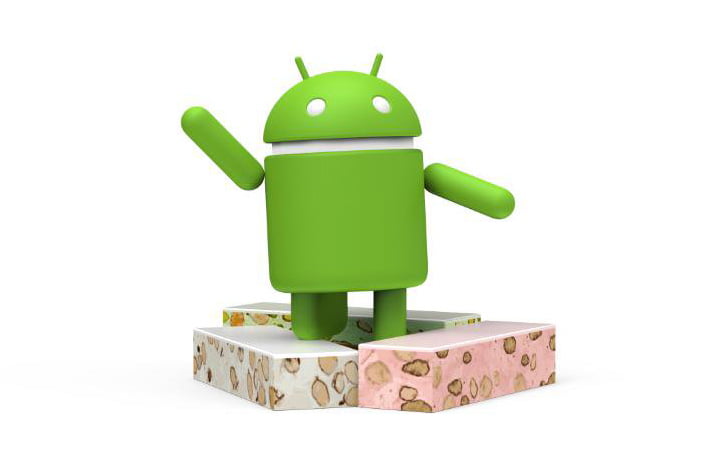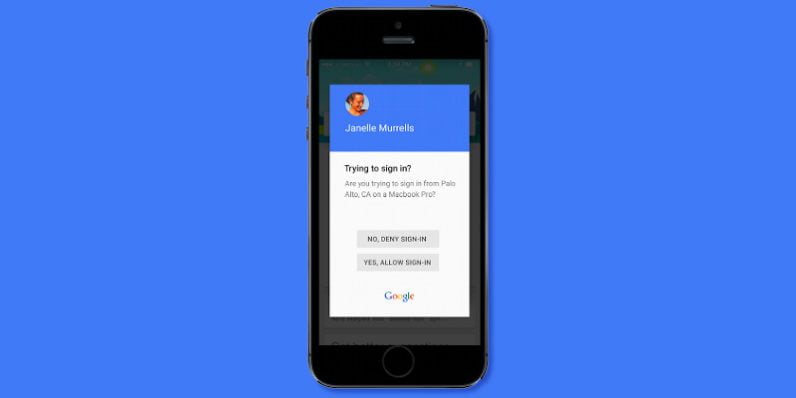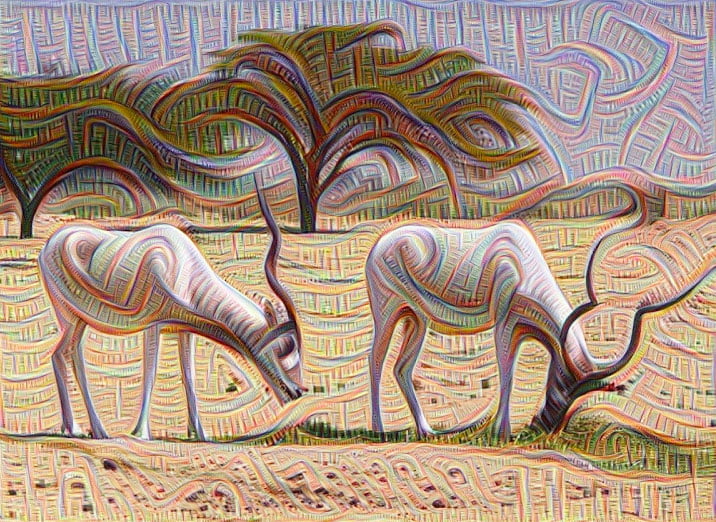
Google is getting deeper into the tech side of the video and broadcasting business. The company today announced that it has acquired Anvato, a platform for encoding, editing, publishing and distribution video across platforms. The company says Anvato will join its Cloud Platform team and that Anvato’s technology will complement its efforts “to enable scalable media processing and workflows in the cloud.” Keep Reading

That’s certainly less exciting than Nutella, which pretty much everyone wanted. Heck, I would’ve even taken ‘New York Cheesecake,’ which is the internal codename Google used for the OS.
But at least it’s also better than some user-chosen names (Android ‘Nipples’) so I guess we’ll take it. Realistically speaking, Nutella probably would have involved some licensing woes, though they managed to do it for Kit Kat.
In an interesting note, the company used Snapchat as one of the platforms to reveal the name for the first time. Full News is Here

Two-factor authentication is a great way to keep your online accounts secure, but between hunting for your phone and manually typing in the auto-generated passcode, it can be quite a pain.
Google’s hoping to fix that with a simpler security prompt option. The next time you try logging into Gmail or Google Apps, you only need to tap ‘Yes, allow sign-in’ to authorize it. No more fidgety digits to key in before the clock runs out. Check out the full feature.

Yes, you heard right. Google is planning to kill your password, but to give you a password free login facility in near future with its project called Abacus. With Project Abacus, a user will be able to sign into applications or unlock their devices on the basis of “Trust score”. This score would be vary or calculated using a number of factors, including your pattern of typing, your current geo-location, speed and other things.

Google wants to put the art back in artificial intelligence.
During the last session at Moogfest, a four-day music and technology festival, in Durham, North Carolina, Douglas Eck, a researcher on Google Brain, the company’s artificial-intelligence research project, outlined a new group that’s going to focus on figuring out if computers can truly create.
(more…)




